U.S. Embassy in Mozambique honours winners of 2025 Alumni Awards for Community Impact
Mozambique: Former women guerrillas want a more active role in civil society
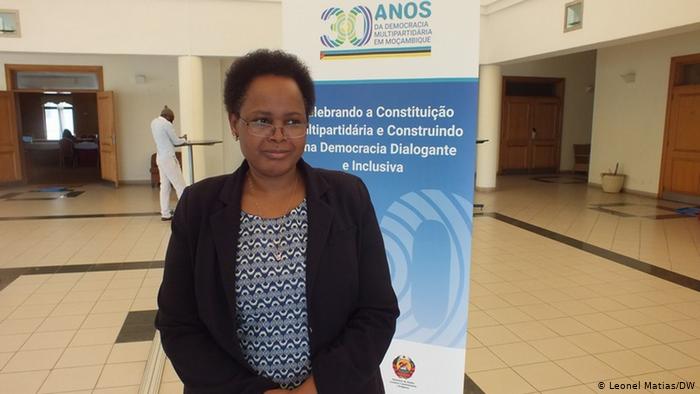
Former Renamo guerrilla Albertina Ofiço
- Former female Renamo guerrillas want a decent job and a role in civil society – which is why they are demanding a greater say in the demobilisation and reintegration process of Renamo’s residual forces.
The process of demobilisation, disarmament and reintegration of Renamo’s residual forces (DDR) has seen 140 female former combatants from Mozambique’s largest opposition party return to civil life. In total, 985 men and women have already been demobilised, a process expected to end in June 2021 with the disarmament and reintegration of a total of 5,000 former guerrillas.
This Wednesday (16.09), in an event called “Women and the process of reintegration under the DDR: The main challenges”, politicians, academics, members of religious congregations and of civil society sat at the same table in Maputo to discuss ways to guarantee the full integration of female former guerrillas.
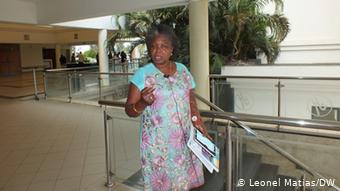
“Guerrilla women participated in various military and social activities, but none of us were given the opportunity to continue with these activities, whether in the Armed Forces of Defence of Mozambique, or in other state institutions,” says Albertina Ofiço, a former guerrilla demobilised in 1994. “That’s why we are unemployed.”
Albertina Ofiço says her group of women did receive training in tailoring, but the funds made available by the War Demobilised Association for the implementation of projects were negligible.
“The absence of training did not permit us to acquire qualifications in other areas, either,” Albertina says, calling for scholarships for former guerrillas.
Women among the main victims
Elisa Muianga, manager of the Women’s Political Academy, stresses that “women are among the main victims in times of conflict”, but are seldom heard during any demobilisation negotiation process. “What is the guarantee that the specific needs of women will be met at the negotiating table?” she asks.
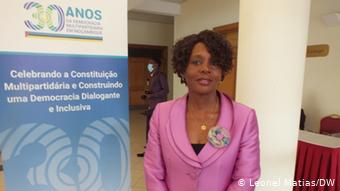
For Isabel Kavandeca, a Frelimo fighter during the struggle for Mozambique’s independence, there are several factors to take into account concerning reintegration. “The main challenges are the will of the various parties, the political challenge, but also the material challenge, that is, providing the means for these people to work,” she observes.
“But there are also challenges in terms of accepting the people themselves and integrating them in the community, which is not an easy task,” she adds.
Stakeholders in the debate propose carrying out advocacy campaigns to combat the stigmatization and discrimination of former guerrillas in communities.
“I didn’t feel discriminated against as a woman, but discriminated against as an ex-combatant in general; men and women both, this has always been the case,” Albertina Ofiço concludes.


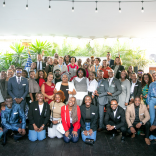


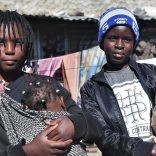
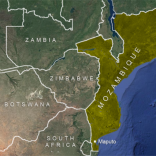





Leave a Reply
Be the First to Comment!
You must be logged in to post a comment.
You must be logged in to post a comment.